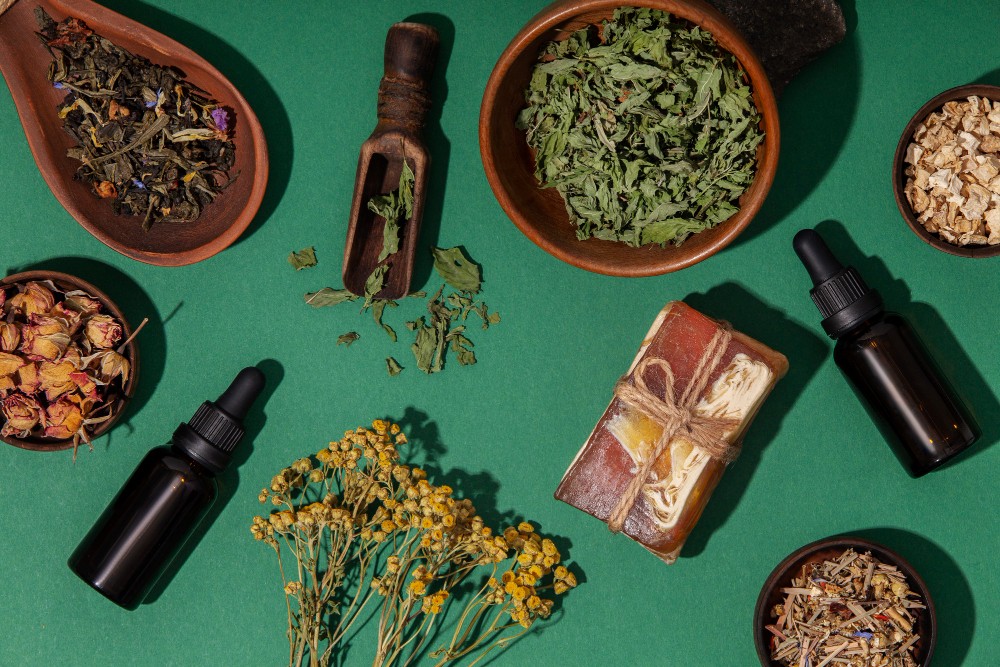In today’s fast-paced world, stress, anxiety, and depression are becoming increasingly prevalent. While traditional medications offer relief, many people are turning to natural alternatives for a more holistic approach to their emotional well-being. Herbal remedies, derived from plants and herbs, have been used for centuries to address various mental health concerns. This article explores some of the most popular and scientifically supported herbal remedies for emotional well-being.
1. Ashwagandha (Withania somnifera)
Ashwagandha is an adaptogenic herb that helps the body adapt to stress. It has been shown to reduce cortisol levels, a stress hormone linked to anxiety and depression. Ashwagandha may also improve mood, boost energy, and promote better sleep.
2. Lavender (Lavandula angustifolia)
Lavender is well-known for its calming and relaxing properties. It can be used in various forms, such as essential oils, dried flowers, or teas. Lavender has been found to reduce anxiety, improve sleep quality, and alleviate symptoms of depression.
3. Chamomile (Matricaria recutita)
Chamomile is a gentle herb with sedative and anti-inflammatory properties. It is often used to promote relaxation and reduce stress. Chamomile tea is a popular way to consume this herb, and it can also be used as a topical application for soothing skin irritations.
4. St. John's Wort (Hypericum perforatum)
St. John’s wort is a traditional herbal remedy for mild to moderate depression. It contains compounds that may help regulate serotonin levels, a neurotransmitter involved in mood regulation. However, it is important to consult with a healthcare professional before using St. John’s wort, as it can interact with certain medications.
5. Passionflower (Passiflora incarnata)
Passionflower is a calming herb that has been used to treat anxiety and insomnia. It may help reduce restlessness, promote relaxation, and improve sleep quality. Passionflower can be taken as a tincture, capsule, or tea.
6. Valerian (Valeriana officinalis)
Valerian is a well-known herbal remedy for insomnia. It may help improve sleep quality, reduce anxiety, and promote relaxation. Valerian root can be taken as a tincture, capsule, or tea.
7. Bacopa (Bacopa monnieri)
Bacopa, also known as Brahmi, is a traditional Ayurvedic herb used to improve cognitive function and reduce stress. It has been shown to enhance memory, concentration, and overall mental clarity.
Important Considerations:
- Consult a healthcare professional
Before starting any new herbal remedy, it is essential to consult with a healthcare provider, especially if you have underlying health conditions or are taking medications.
- Quality and dosage
Ensure you are using high-quality products from reputable sources. Follow the recommended dosage guidelines or consult with a herbalist.
- Potential interactions
Be aware of potential interactions between herbal remedies and other medications or supplements.
- Individual responses
Individual responses to herbal remedies may vary. It may take time to find the right herb and dosage for your specific needs.
Herbal remedies can offer a natural and holistic approach to managing emotional well-being. By incorporating these plants into your daily routine, you may experience reduced stress, improved mood, and enhanced overall mental health. However, it is crucial to approach herbal remedies with caution and seek guidance from a healthcare professional to ensure safe and effective use.





